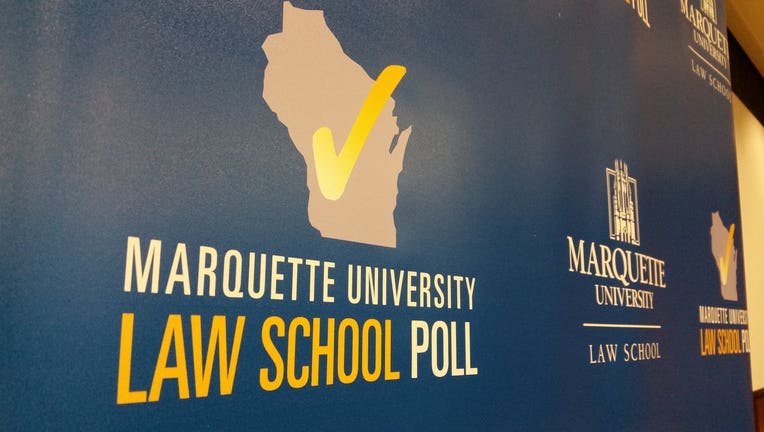MILWAUKEE – A new Marquette Law School Poll public check finds 44 of grown-ups authorize of the job theU.S. Supreme Court is doing, while 56 disapprove. In September, 40 approved and 60 disapproved. blessing declined sprucely between July and September 2021, also fell further in May 2022 following the blurted draft opinion in Dobbsv.
Jackson Women’s Health, the decision in June capsizing Roev. Wade, which had permitted revocation civil. The trend in blessing of the Court since 2020 is shown in Table 1.( All results in the tables are stated as probabilities; the precise wording of the questions can be set up in the online link noted over.)
Blessing of the Court is relatively high among Republicans, among whom 70 authorize and 30 disapprove. Among independents, still, 40 authorize and 60 disapprove. Among Egalitarians, 28 authorize and 72 disapprove.
The rearmost Marquette Law School Supreme Court Survey was conductedNov. 15- 22, 2022. The check canvassed ,004 grown-ups civil and has a periphery of error of/-3.7 chance points.In the current term, the Court will hear cases on whether race may be considered in council admissions, whether religious beliefs and free speech rights entitle businesses to deny some services to LGTBQ guests, and how countries can set the rules for civil choices, among other cases.
The Marquette check finds that the public is skeptical of the use of race in council admissions, with 41 in favor of a decision that would find a legal ban on the use of race and 16 opposed. The case isn’t yet on the top of mind for utmost repliers, still, with 42 saying they have n’t heard anything about such a case or have n’t heard not enough to have an opinion.
Marquette polling since September 2021 has shown a harmonious opposition among the public to the use of race in admissions, as shown in Table 2. Those saying they have n’t heard or have n’t heard enough increased over the summer, from 33 in March to 50 in September. Table 2( a) shows views including those who haven’t heard enough about the issue, and Table 2( b) shows the probabilities for only those with an opinion.
Table 2 Do you favor or oppose the following possible unborn Supreme Court opinions, or have n’t you heard enough about this to have an opinion? Rule that sodalities can not use race as one of several factors in deciding which aspirants to admit.
While large probabilities say they have n’t heard enough about the council admissions case, further repliers within each race and ethnical group favor banning use of race as a factor in admissions than suppose consideration of race should continue to be permitted. Table 3( a) shows views including those who haven’t heard enough about the issue, and Table 3( b) shows the probabilities for only those with an opinion.
Table 3 Do you favor or oppose the following possible unborn Supreme Court opinions, or have n’t you heard enough about this to have an opinion? Rule that sodalities can not use race as one of several factors in deciding which aspirants to admit. By race of the replier.
The perimeters favoring an end to allowing race as a factor in admissions are larger among those who see racism as lower of a problem in the country moment than among those who see racism as a bigger problem. Yet indeed those who say racism is a veritably big problem more favor ending the consideration of race in admissions than continuing its use. Among those with an opinion on this case, majorities in each group also favor ending the consideration of race in admissions, as shown in Table 4.
Table 4 Do you favor or oppose the following possible unborn Supreme Court opinions, or have n’t you heard enough about this to have an opinion? Rule that sodalities can not use race as one of several factors in deciding which aspirants to admit. By view of how big a problem is racism.

